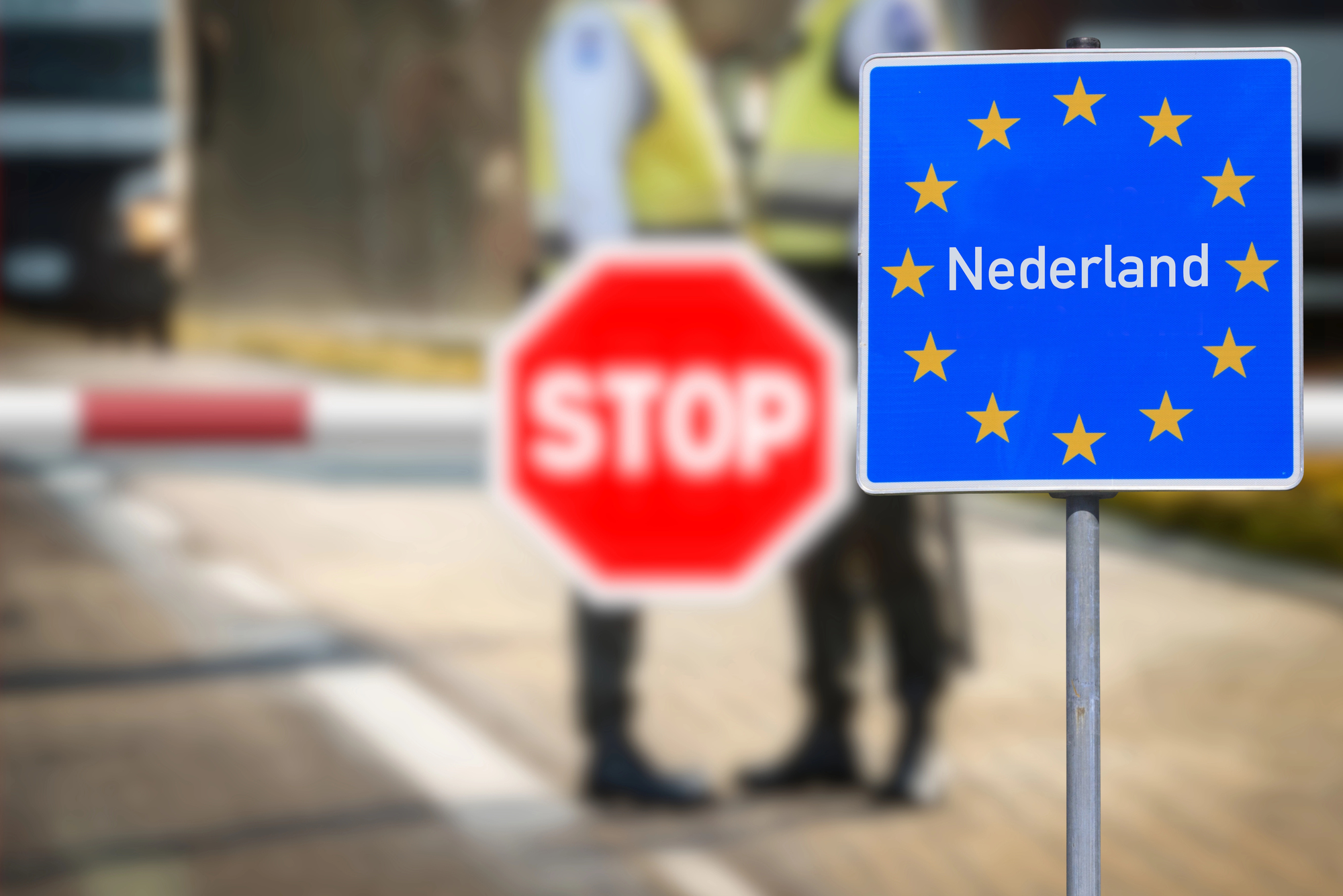Dutch vigilantes set up illegal border checks near Ter Apel

A group of some 12 Dutch men and women set up their own border checks on the N366 between Ter Apel and Rütenbrock in Germany on Saturday evening, wearing high-visibility clothing and flagging down cars as if they were officials, the AD reported on Sunday.
The campaigners said their action was a protest against the ease with which refugees can cross the border into the Netherlands. “Nothing is being done, so we will do it ourselves,” one man told the paper.
The group, waving torches, stopped cars and in some cases looked into their boots, the AD said.
The Noord-Nederland police force told news website Nu.nl later that they had checked the group and spoken to them about their actions. But they were not observed to be doing anything criminal, the police told Nu.nl. They declined to comment further.
A source told RTV Noord that Dutch police observed the group for a short time but did not take any action.
Westerwolde mayor Jaap Velema told the AD he “understood the frustrations” about the failure to solve the refugee problem in Ter Apel, the main reception centre for new arrivals in the Netherlands. “But this is not the way to express your frustrations,” he said.
According to the AD, the men and at least one woman were not local, and the initiative appeared to come from a man in Emmen who had made an appeal on Facebook.
At one point, the paper said, the group stopped a minibus full of German police officers, who ordered them to leave German soil. They then moved to the car park of a nearby Chinese restaurant and continued their campaign.
The campaigners are planning to repeat the exercise at a different location, the paper said.
Official checks
Last week, government auditors said extra checks at the Dutch borders are not helping to reduce the number of asylum applications.
The government introduced the additional checks to tackle irregular migration and cross-border crime such as people smuggling and document fraud last year. The checks were also intended to ease pressure on the asylum system, which is struggling with limited reception capacity and housing shortages.
The new controls led to more people being stopped than during earlier operations, and more people were refused entry. However, there were fewer arrests for people smuggling and document fraud.
The number of asylum seekers arriving at the border also declined, but the audit office said that this number has never been high. Of the 44,000 asylum applications made in 2024, only 400 — less than 1% — were made at the border.
Thank you for donating to DutchNews.nl.
We could not provide the Dutch News service, and keep it free of charge, without the generous support of our readers. Your donations allow us to report on issues you tell us matter, and provide you with a summary of the most important Dutch news each day.
Make a donation